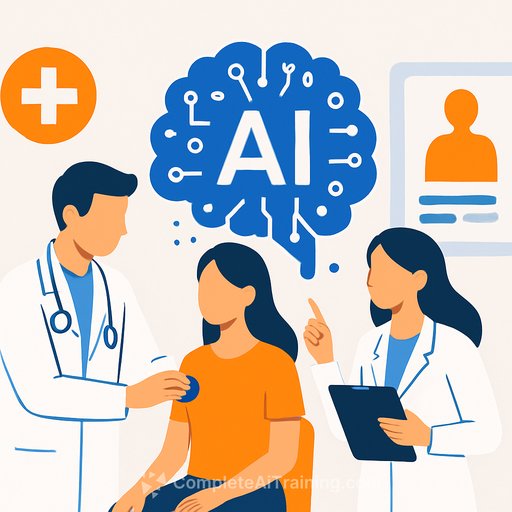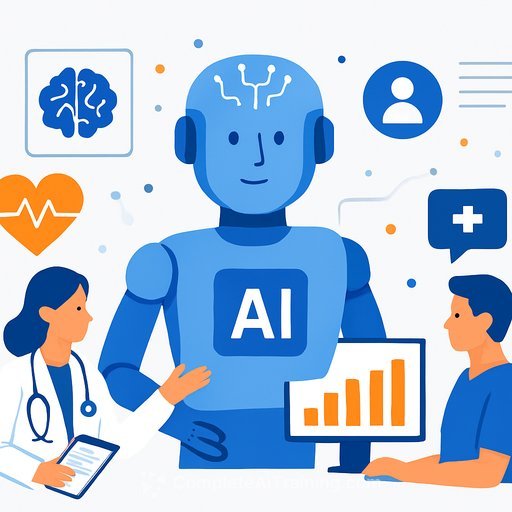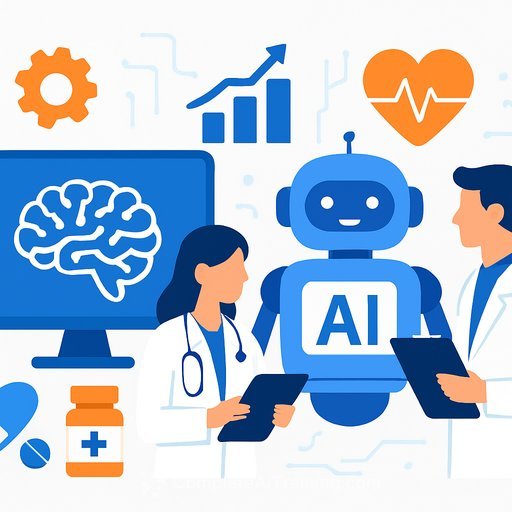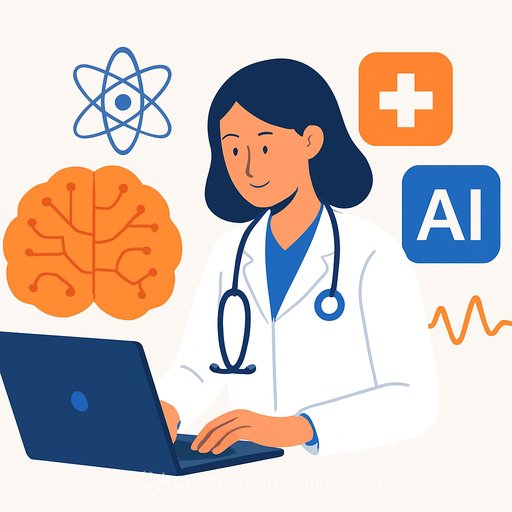How AI and Synthetic-Driven Research Can Help Clinicians Earn Patient Trust
Trust in healthcare is declining. Recent data shows patient trust has dropped from about 70% to just 40%, especially concerning the use of AI in clinical settings. This growing skepticism presents a real challenge for clinicians aiming to build meaningful relationships with their patients.
Trust means allowing someone else to handle what matters most to you. When AI enters the picture, this vulnerability increases because AI lacks human qualities like eye contact, empathy, and the ability to read facial expressions. These human elements play a crucial role in establishing trust.
What Does Trust Look Like With AI?
Trusting AI is not the same as trusting a person. You can’t have a conversation with AI or gauge its intentions through emotional cues. Instead, trust in AI builds over time based on whether its actions align with your values and consistently deliver on promises.
Clinicians often ask themselves:
- Does this AI align with my values and integrity?
- Do I believe its processes and recommendations?
- Are its outcomes reliable and consistent?
Only when AI models prove trustworthy in these ways can clinicians begin to rely on them with confidence.
AI’s Role in People-Centered Care
AI has practical applications that can improve people-centered care by enhancing access, streamlining revenue cycles, and enabling personalized predictive analysis. It also supports conversational interfaces and analytics that help tailor care to individual patient needs.
Clinicians are generally open to AI handling back-office tasks but remain cautious about its role in direct patient interactions. One common frustration AI can address is documentation. Clinicians spend significant time typing notes, which can detract from engaging with patients. AI tools can reduce this burden, freeing clinicians to focus more on patient care.
Integrity and Accountability Matter Most
Trust isn’t just about technology; it’s about how organizations and professionals respond when things go wrong. A key part of maintaining trust is acknowledging mistakes, apologizing sincerely, and working to fix problems over the long term. Without this commitment to integrity, trust cannot be sustained.
For clinicians and healthcare organizations exploring AI, balancing technology with authentic human connection remains essential. Learning how to integrate AI responsibly while maintaining transparency and empathy will be critical to earning and keeping patient trust.
For healthcare professionals interested in expanding their AI skills and understanding its role in patient care, exploring specialized courses can be helpful. Resources like Complete AI Training’s healthcare-focused AI courses offer practical guidance tailored to clinical settings.
Your membership also unlocks:






